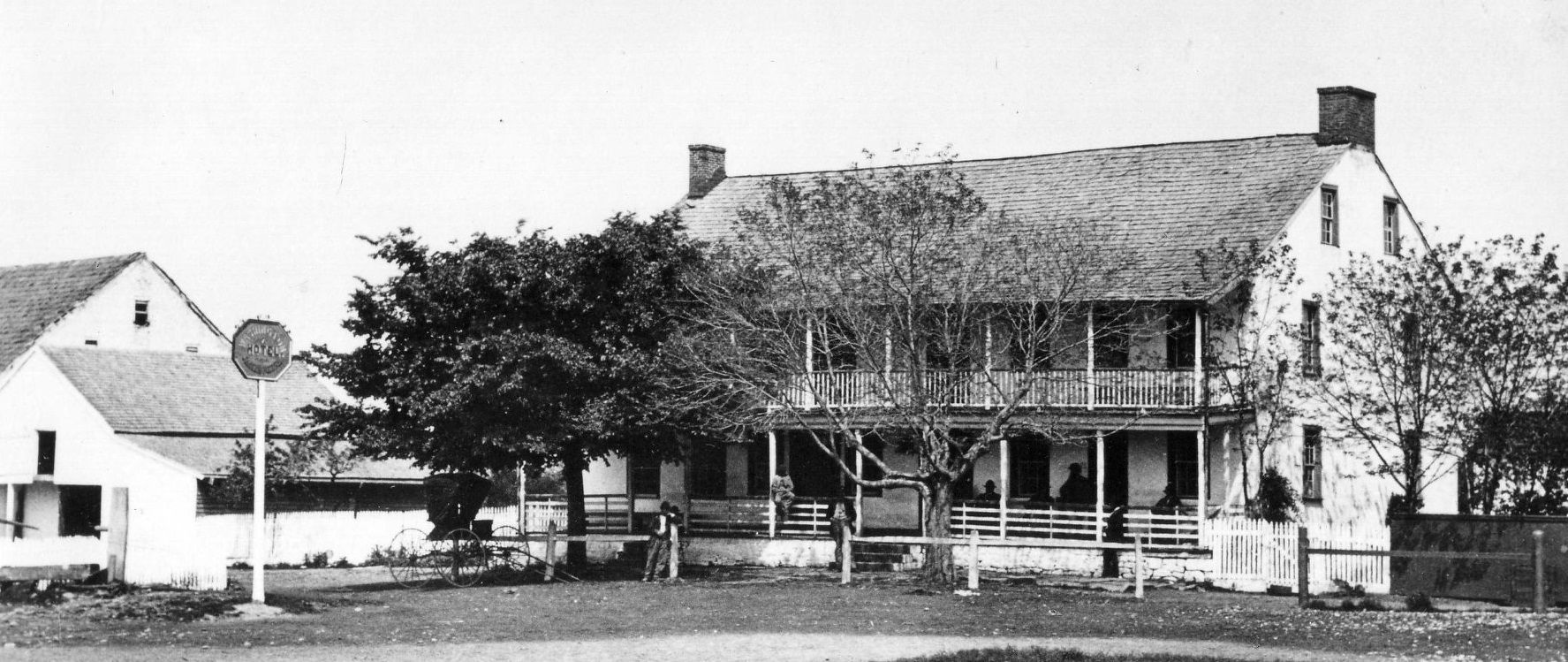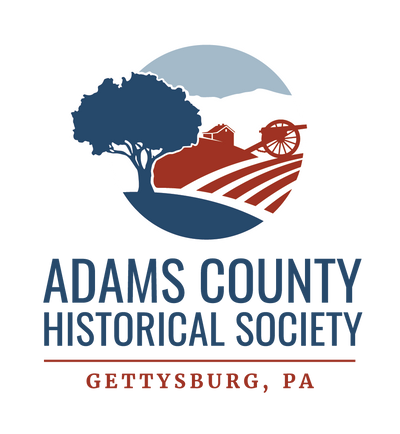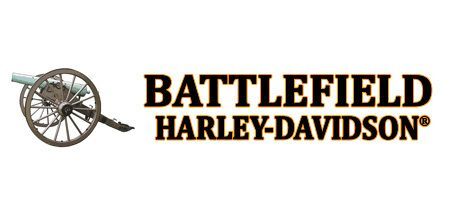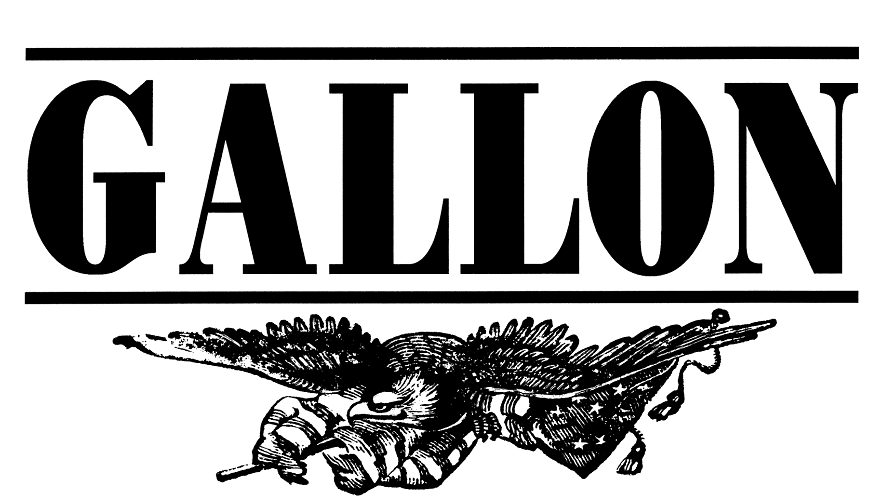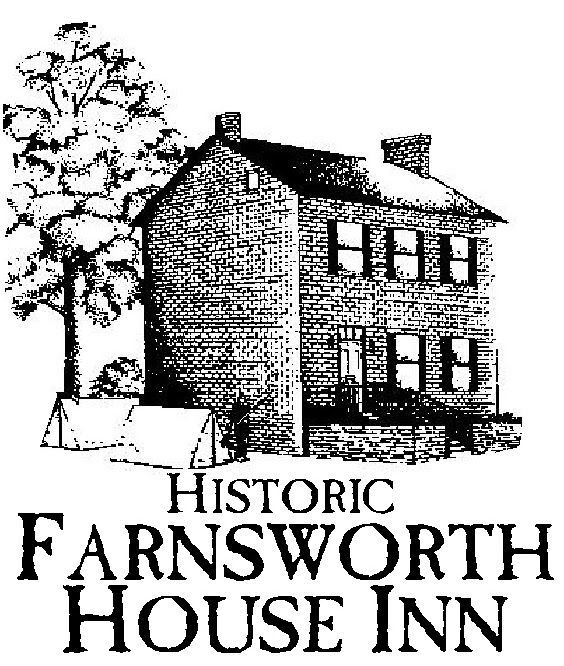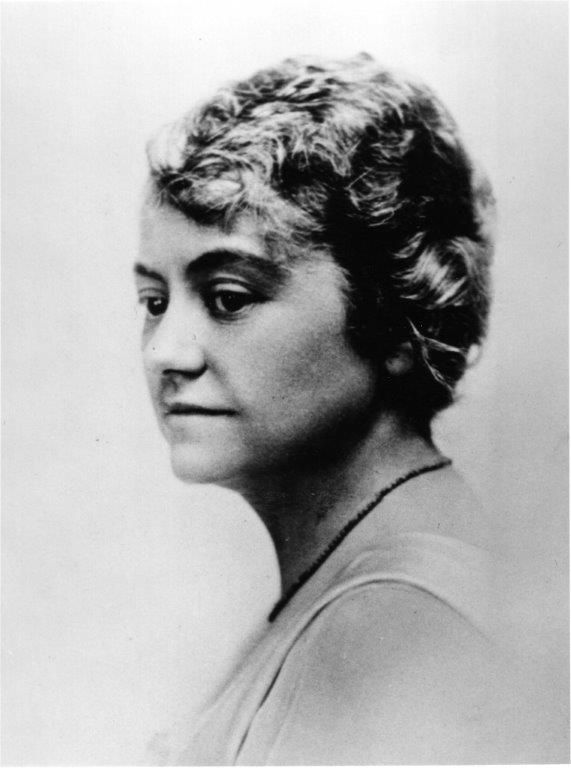
Towns and cities sped by, the train climbed hills and tunneled mountains and crossed rivers. Simon slept through short, uneasy naps, finding himself with less courage at each waking. That which he hoped to find at the end of his journey was a miracle.
He was sufficiently well informed about war-time conditions to know that one does not walk into Washington and choose one’s room. He was prepared to sleep in a park or on a seat in the railway station if it were necessary to stay over one night or two. A few hours of bodily discomfort would be a small price to pay for the cure of his soul’s anguish.
But he was not prepared for the chaos which he found. He spoke on the first day with a hundred persons who could tell him nothing, young clerks who answered him vaguely and sent him to other young clerks, who answered him impatiently or who directed him to still other clerks in order to be rid of him. When some one asked him, savagely, “Can’t you explain what you want?” he stumbled away. The clerk had touched the heart of his trouble. Without an explicit statement of his case they could not advise, and Simon could not tell his shame to these young ears.
At the end of the day he sat down in the railway station and closed his eyes. He did not even try to find a room; he was too weary now to attempt a useless quest. His little satchel on his knee prevented a reminder that the station was not a hotel.
When, after an hour or two, he woke, his mind was keener. He blamed himself for a foolish waste of time. He would not have needed to ask any questions. There was a library in which Government records were kept; there was the place to go. There he might even see for himself what was written against him. He turned his gray head to the other side and slept heavily.
At the end of the of the second day he rested his head once more on the hard back of a seat and was again for some reason left undisturbed. He had found the library and had walked about dazzled and confused.
“I will get acquainted,” said he. “After a while I will know whom I must ask.”
But he found no one. He sat down in the reading-room and there nodded. Kindly attendants let him be, seeing that he did no harm.
To-morrow he would go back. He began now to be frightened. He felt so small, so unimportant, except for his long-past crime. A miracle seemed as impossible to him as to the most cynical of atheists. His sin was written, his quest was a mad one. He would try only one more day.
This time Simon went directly to the desk.
“I want to see the records,” he explained, frightened by the sound of his own deep voice.
“What records do you mean?” asked the young woman. “The Congressional records?”
Simon drew a sharp breath.
“I guess so.”
“What volume?”
“Volume?” repeated Simon.
“There are hundreds of volumes,” explained the clerk. ”What particular subject were you looking for?”
Simon’s face colored darkly.
“The Civil War, ma’am,” he explained vaguely.
“You look over there in that catalogue and if you can’t find what you want come back.”
Simon did as he was directed. With shaking hand he pulled out drawer after drawer, with wavering glance he stared at card after card. It seemed to him that records were like the leaves of his forest for multitude. He returned to the desk.
“Is there any one here who can explain to me about these books?” he asked, hopelessly.
“Major Bain will be here presently. He is a veteran of the war; perhaps he can tell you.”
Simon sat down in the nearest chair. His head nodded. Then he straightened up, a sharp fear jerking him out of sleep. This fear was a ghastly one. He rose and approached the desk.
“Was more than one copy of the records made?” he asked. “Was it – was it – spread about?”
“Oh yes,” answered the young woman. “Hundreds of copies of each volume are printed and are distributed through all the United States.”
Simon Lee clasped his hands. The thought of the forest leaves came back to him.
“They can’t be collected when they have blown away!” said Simon to himself. “I have been a fool.”
He meant now to hasten home, to take the first train. Miracles he knew could not happen.
Then he felt a touch on his arm. Despairing of making him hear, the young woman had reached across her desk and laid hold on him.
“Here is Major Bain. He’ll tell you what you want to know.”
Simon tried to protest. “I know everything I want to know. I am going home. Oh, let me go home!”
But Major Bain, a gray-haired veteran, had him by the arm. It was his special business to be kind to his comrades, and it was a comrade whom he thought he saw. He led Simon across the room and into a little office and closed the door.
“Now, sir, we can talk in peace. What is it you are hunting for?”
Simon Lee looked at him. His cheeks quivered.
“Nothing, sir. I found out what I wanted to now.”
Major Bain looked at him the more kindly.
“It’s fine to see our boys going,” said he, genially. “I have four grandsons. I suppose you have your share, too? They are Adding to our record. sir.”
Simon was a reserved and composed person. But he was mentally and physically exhausted, he was sore of heart, he was despairing. Grandsons? Alas for the romance of his dim past, ended by death! His record? Alas for that! He was seized, and suddenly, by an irresistible impulse to tell all his woes. It was entirely an impulse of self-pity, but a single indulgence in self-pity in seventy years may be excused.
“I have no children or grandchildren,” said Simon. “I have no living kin. And I have nothing to recall but misery. In ’63 I was tempted and I fell. I was young, and I was worked upon by those older than me.”
“You were a Confederate?” said Major Bain. Then he smiled. “Why, sir, that is nothing. That is past. We were fair enemies. We –“
Simon interrupted the friendly speech.
“No, he said steadily. “I was not a Confederate. “I was a Son of Liberty.”
“Oh!” The exclamation was long drawn out. Clearly a Son of Liberty was a different order of being from a confederate. Major Bain looked gravely at Simon, his bright color a little dimmed.
“I was misled. I have repented it for fifty years. I thought there might be a year of jubilee to wipe it out. The Government took our names and wrote them down, thousands of them. I thought they might be destroyed now. I could not bear to die and have my name on such a list. There must be other old men like me. But I understand the records are printed. It is too late. I have not even a grandson to blot it out. I---“
Major Bain leaned forward. He held up his hand to silence Simon. Did he refuse to even hear a Son of Liberty? Simon hid his tremulous lips with his thin old hand.
At last Major Bain spoke irrelevantly.
“Brother, there are hundreds of volumes of the ‘Congressional Record.’ It is a vast and important work.”
“I know,” said Simon.
Again Major Bain held up his hand for silence.
“But it is not a perfect record. It is broken, sir. Certain volumes do not exist; they were destroyed. They contained---“
Again Major Bain paused, trying to control the flood of words which choked his throat. He had made many speeches before large audiences, but this speech to one man was, he felt, the most dramatic of his life. Simon Lee, seeing light once more, leaned forward, pale as death.
“They contained the names of the sons of Liberty and the testimony against them. They were destroyed---“ Major Bain paused again.
“Oh, why were they destroyed?” asked Simon Lee.
Major Bain rose and thrust his hand into the breast of his coat. He could not deliver himself of his climax and remain seated.
“Because a Christian, a democratic, a merciful Government wished to forget, sir. Your year of jubilee is over, sir, a long, long ago.
Simon rose also. He did not think of going. He only knew that he must stand.
“You mean that---“
“I mean that they were burned or macerated or torn up. They do not exist, they are gone.”
“Printed books?” asked Simon, in awe.
“Printed books,” said Major Bain. “Come with me.”
Simon was shown hundreds of books, row upon row, alike in binding.
“There are the others,” explained Major Bain. “But two are lacking.” Then Major Bain capped the situation neatly. “Mercy is better than justice,” said he.
Simon did not know how he said good-by. His next conscious moment found him outside. He stood looking down upon an enchanted prospect, and it seemed to him that he felt a spirit near him. It was not Javert; Javert was gone; it was another great, wise, beneficent, who became for him a symbol. Simon stretched out his arms. He did not realize that his hands were empty and that the little satchel which he carried was somewhere behind him; he never, indeed, remembered where it was.
“God bless Abraham Lincoln!” said he with a full heart.
But an emotion even more intense was to fill the breast of Simon Lee. Toward him came a group of soldiers, brawny fellows who sang loudly a song which made his heart stand still. They were Southerners—he could tell it from their voices. It was cruel to have been so elated and to be now so terrified as was poor Simon. For they sang “Dioxioe” loudly, defiantly, as though they did not realize that the past must be ignored, forgotten, forgiven. Simon stumbled toward them. Perhaps he could persuade them that their course was perilous. Then he stopped short. It was a world gone mad! They had changed their tune; they were singing, they were singing, these lads from Alabama;
“The Yanks are coming,
The Yanks are coming,
The drums rum-tumming everywhere.”
“The Yanks!” said Simon, and again, “The Yanks!” and still again, “The Yanks!”
The boys swept by him and Simon Lee looked after them. From the bottom of the steps he saw them silhouetted against the sky. They stood with their arms locked, magnificent as sculptured from some warm marble.
“They don’t know what they’re singing,” said Simon, hysterically. “It’s past and gone. They’d as soon sing one song as another. They don’t know any better; South or North or Sons of Liberty, it’s all one to ‘em. God bless ‘em!”
Then Simon stroked his thin old cheeks. The climax of his happiness was, after all, tearful.
“Oh, I wish I was young like them!” said Simon Lee.
